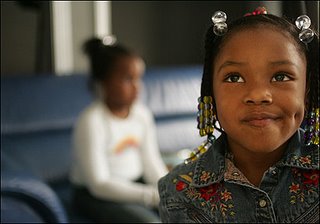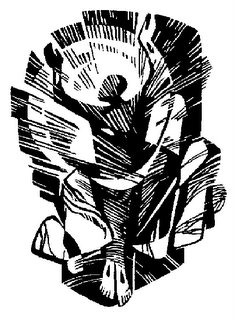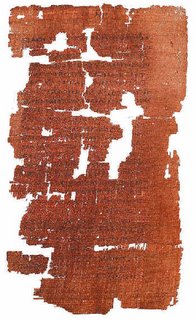 The Judicial Council of the United Methodist Church has been meeting for the past few days here in Kansas City. (Well, Overland Park, Kansas, to be precise!) I have been there all three days, for an hour or more each day, to be in prayer for the members of the Council and to witness to my belief in the profound inclusivity of God’s grace as is manifest in the church of Jesus Christ. The Council's sessions were closed, so we gathered in the lobby of the hotel, just outside the door of the room in which the meetings were happening.
The Judicial Council of the United Methodist Church has been meeting for the past few days here in Kansas City. (Well, Overland Park, Kansas, to be precise!) I have been there all three days, for an hour or more each day, to be in prayer for the members of the Council and to witness to my belief in the profound inclusivity of God’s grace as is manifest in the church of Jesus Christ. The Council's sessions were closed, so we gathered in the lobby of the hotel, just outside the door of the room in which the meetings were happening.At the meeting, I joined members of the Reconciling Ministries Network, including staffers Troy Plummer and Sue Laurie. Students and faculty from Saint Paul School of Theology, and several local pastors and church folks were there, also. The main reason for the witnessing presence there was the possibility that the Council may decide to reconsider their decisions 1031 and 1032.
The case goes like this, in a nutshell: A pastor in Virginia named Ed Johnson refused to give church membership to a man on the basis of the man’s sexual orientation. As a result, in June Rev. Johnson was placed on involuntary leave by his conference. In October, the Judicial Council reinstated Johnson, and his bishop, Charlene Kammerer reappointed him to the same congregation. Then Bishop Kammerer and the Virginia Board of Ordained Ministry filed separate motions asking the Judicial Council to reconsider. These motions came before the Council this week.
 The most remarkable thing about this week happened this morning, when the Judicial Council invited the members of RMN and the other witnesses to celebrate communion together. The service was led by Bishop Fritz Mutti, retired from Kansas, and Dr. Myron McCoy, president of Saint Paul School of Theology. I was not present, but when I arrived later in the morning, those who had been present described it as a wonderful, holy moment. The power of the common loaf and cup was manifest in the ritual, as people who find themselves quite firmly on opposite sides of the spectrum regarding the issue at hand shared together in the sacramental grace of Christ.
The most remarkable thing about this week happened this morning, when the Judicial Council invited the members of RMN and the other witnesses to celebrate communion together. The service was led by Bishop Fritz Mutti, retired from Kansas, and Dr. Myron McCoy, president of Saint Paul School of Theology. I was not present, but when I arrived later in the morning, those who had been present described it as a wonderful, holy moment. The power of the common loaf and cup was manifest in the ritual, as people who find themselves quite firmly on opposite sides of the spectrum regarding the issue at hand shared together in the sacramental grace of Christ.All in all, the week was a profound experience for me. I have done protests, vigils, and marches for various things before, but I was particularly struck this time by the gentle relentlessness by which the witnesses carried themselves. There was a calm assurance in the faces of the people there, a strong hopefulness that was inviting and inspiring. We were encouraged all week long to form relationships, both with one another and with members of the Judicial Council, because sexual orientation is not an “issue” to be resolved by a judicial decision or a legislative decree. “Issues” always have faces attached to them, and when the faces become people, and the people become friends, it is far more difficult to simply write someone off as an unrepentant sinner and deny them membership into your church.
One of the neatest elements of our witness was a half dozen doors sent by as many United Methodist congregations in the San Francisco area. These congregations had literally removed a door in their church buildings and painted messages of support and encouragement on them, urging the Council to reconsider the decisions. The doors were painted with bright colors, and filled with the signatures of the congregants. Throughout the week, witnesses in Kansas City held up these doors on behalf of our brothers and sisters in California. (My friend Mandy is going to email me some pictures so that I can post them here.)
The Judicial Council may decide not to reconsider the decisions at all, or to reconsider them at their fall meeting, or they may have gone ahead and reconsidered them this week. Their decisions will be posted on the United Methodist Website, probably early next week.









